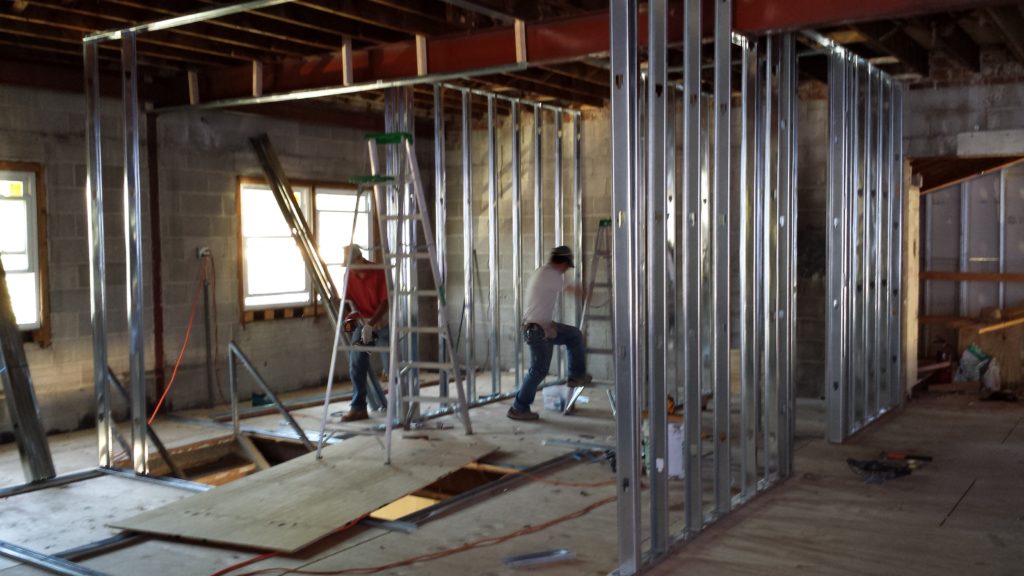CPM scheduling mistakes are ubiquitous in the construction industry. Good schedulers are hard to come by. Most of them have either IT or field experience, but few have both skill sets. Practical, or field experience, is invaluable to a scheduler, because it enables him to see the project from a builder’s standpoint. Experience with scheduling programs is a prerequisite of a solid schedule: if you don’t’ know how to substantially use the program, it won’t matter what field experience you possess.
That being said, a scheduler optimally has both field and schedule programming experience. With these tools a scheduler can do his best work, as his expertise encompasses both the practical and theoretical, and avoid CPM scheduling mistakes. Nevertheless; regardless of background, there are some basic pitfalls that any scheduler must be wary of. Technical errors are plainly evident in the schedule, and can be readily identified in the oversight process, whereas practical, or non-technical mistakes are more generic.
Here are 10 of the most common type of non-technical CPM scheduling mistakes that schedulers make:
- Failure to solicit or incorporate the builder’s input: the builder is the best resource for determining the sequence of installations. Quite often, he is the only one who really knows this sequence, as it pertains directly to his means and methods. It is therefore exigent not only to solicit this data from the builder, but also to ensure that his data set is complete. Many builders assume that the scheduler will determine the project logic independently. It is incumbent on the scheduler to educate the builder as to what is required of him.
- Failure to study the project drawings, or incorporate knowledge from a proper plan review into the schedule.
- Failure to be cognizant and observant of project specification requirements that are stated in the project manual. Every public agency seems to have its own scheduling standards, thus it is ever important to consider each project independently.
- Inability to correctly execute mitigation measures – or to conduct mitigation without the builder’s input. Mitigation and recovery efforts require interface with the contractor. Unilateral measures only ensure that the schedule will have to be reworked once the contractor has his say.
- Errors and omissions: a theoretician is more likely to not realize many of the sub-tasks that compose the more complex activities, and to generate a broad stroke schedule that will require major extrapolation.
- Inability to generate and obtain owner approval of the schedule before the project starts. In this way, it is not possible for updates to keep pace with actual progress.
- Omissions of inter-related sequences: many activities have several relationships with other activities. Too often, these are not represented. The mistake becomes evident in the update process, when activities that cannot be performed show positive float (they appear to be ready to perform).
- Under-representation of the submittal-approval process. Often, a scheduler does not allow enough time for the detailing, preparation, issuance of submittals – especially resubmittals, and a sufficient window for the approval process, even though the term for review is typically found in the project specifications.
- Lack of contingency and over-compression: more aggressive schedules have less float. Contractors often allow themselves to get roped in to such projects well knowing that there is a good chance they may not meet the substantial completion date.
- Inability to track change orders and their effect on the critical path. Without proper tracking and projection, contractors are often hard-put to generate schedules to support delay claims.
Read more on why projects fail










